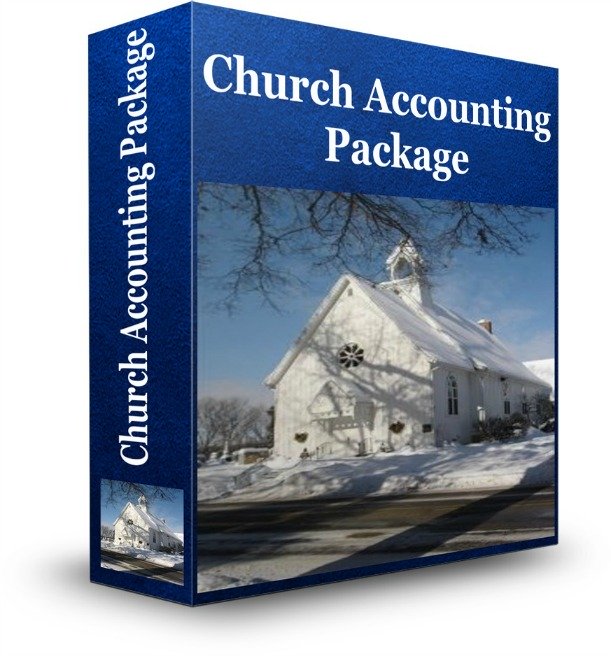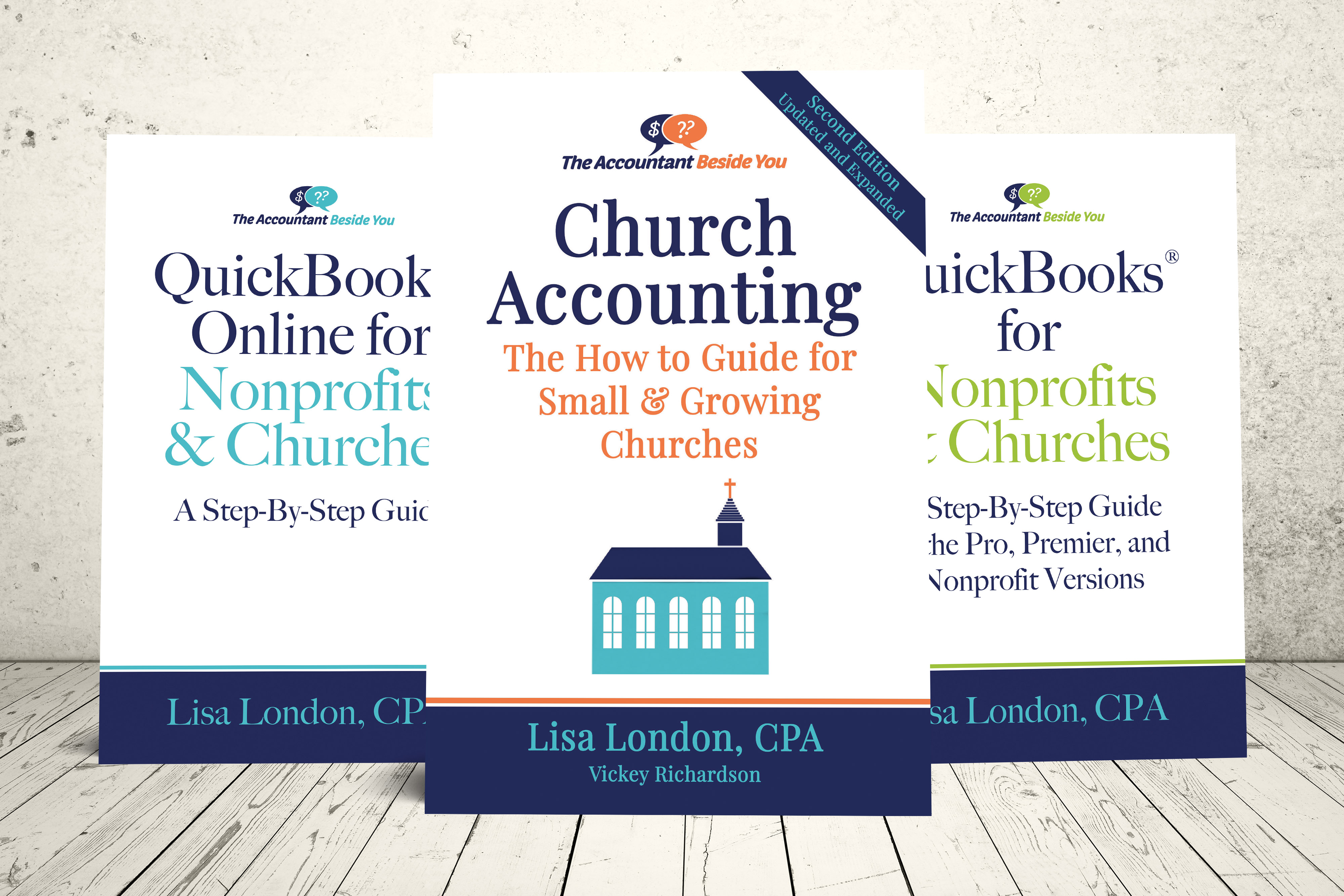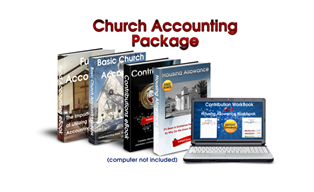Does Your Church Need an Audit?
Surprisingly, most churches do not
By William D OConnell, CPA, CGMA
Editor's note: In this day and age we live in, having your "i's dotted and your t's crossed"
is imperative! Dan Busby wrote a very good article on areas a church should be IRS compliant. It was written years ago and the reference about cell phones is not current as the IRS now views cell phones as a de minimis fringe benefit...so tracking personal usage is no longer required. However, the rest of the article provides relevant appropriate steps to take: Before the IRS Calls on Your Church
One way to do that is with a Church Check Up...
An Annual Problem for the Church Board...
At this time of year church boards attempt to exercise their fiduciary responsibility and consider auditing the books.
Underneath it all, the board desires to have an independent financial professional “take a look” at the books and report if things are OK – and maybe offer some suggestions on how things could be done better.
And then the board makes a mistake – they call a CPA and ask about “an audit” - without realizing that an audit is only one of several techniques to meet their responsibility.

Coupon!
Here is a 10% discount code for all the ebooks, spreadsheets, and packages on this site:
FCA
Note: click on "PACKAGES" in the top navigation bar for a list of all of the ebook and spreadsheet packages on this site!
Why it may be a mistake to ask for an audit...
“Audits”, like their little brother “Compilations” and their little sister “Reviews” are terms-of-art to a CPA. Each of these is a service that is defined by professional standards written by the governing bodies of CPAs.
The CPA MUST do the proscribed behaviors and tests demanded by the professional literature. And “must-do” checklists create unnecessary overhead and expense.
For example, an auditor must formally correspond with the church’s attorney about contemplated and actual litigation. This inquiry results in running up two professional fees to tell the governing board information that it likely all ready knows.
Further, the audit report does not answer the real questions being asked by the Board which is “Are the systems, records and reports OK?”.
However, the audit report states that the “financial statements are in accordance with Generally Accepted Accounting Principles”, and further provides mind-numbing footnotes like disclosing how long the office copier lease will run. In short, the real questions are not answered.
Audits can be expensive, uninformative, and not particularly satisfying to the Board as they ask the fiduciary questions they need to ask.
Church Accounting Package
A set of 2 ebook packages that covers the following topics...
- Fund accounting examples and explanations
- Difference between unrestricted and restricted funds
- Best methods for tracking restrictive funds
- Explanations and examples of financial statements for churches and nonprofits
- Minister compensation and taxes
- Payroll accounting and its complexities
- Much more - Click here for details

Some churches need an audit...
In fairness, some churches need an audit (or sometimes a review). See more on church audits.
Churches will sometimes have loans that have covenants that require the church to provide audited or reviewed financial statements to the lender. These churches need to comply with the covenants.
But all other churches should consider another alternative to needing an audit - a "Church Checkup" engagement with a CPA.
A Church Checkup engagement is defined mutually by the church and the CPA. Rather than following rules made by the CPA rules makers, the CPA simply follows a work plan devised with the Church in advance.
The written report is an in-depth discussion of the work that was done and the resultant findings.
This format allows the independent professional:
- The freedom to “keep digging” into potential problems even when the item may be immaterial to a GAAP audit.
- The freedom to limit the scope of work when controls and tests indicate that no further work is needed. This removes work requirements that must be performed in full GAAP audits – like corresponding with the church attorney.
- The freedom to address areas where improvements may be made.
In our firm these work plans will likely include some – or sometimes all – of the following:
- Some audit procedures, like reviewing cash controls and a review of bank reconciliations
- Separation of Duties
- Compensation and Employment Controls (including Pastoral housing allowance and 1099 contractors).
- Financial Reporting Controls
- Budgetary Controls
- Physical Controls of building access and computer files
- General Controls (Minutes, insurance, etc.)
- Other items of particular interest to the church.
Since the church defines the scope of work, a multi-year plan is sometimes developed where all topics are addressed over a two or three year period. This provides a cost controlled way to address a fiduciary responsibility of the governing board.
Concluding, there are a number of ways that church boards can exercise their fiduciary responsibilities. Audits are one way. Church Checkup may be a better way.
For questions about needing an audit, or other church financial matters, Bill OConnell is available for a complementary consultations at 617-921-9321.




